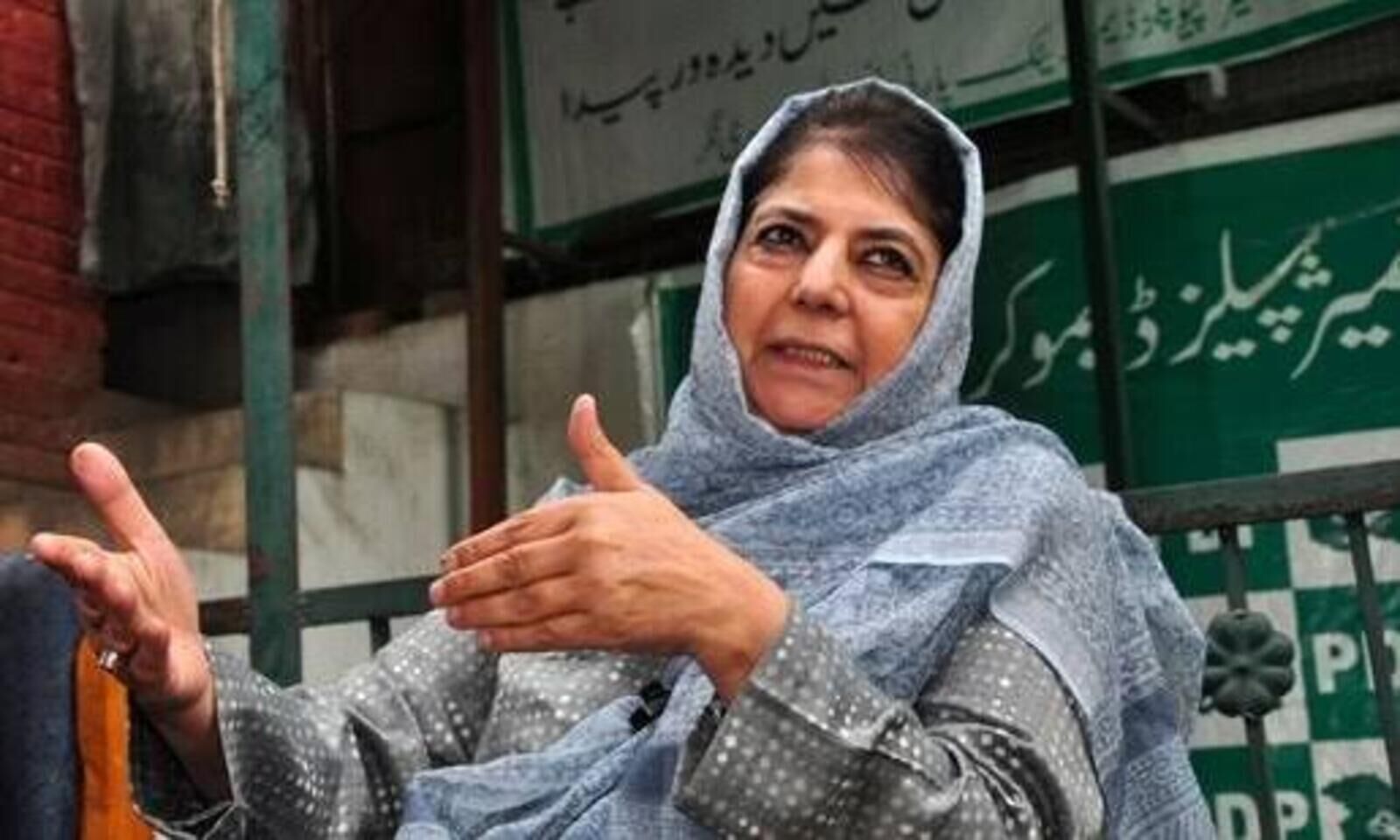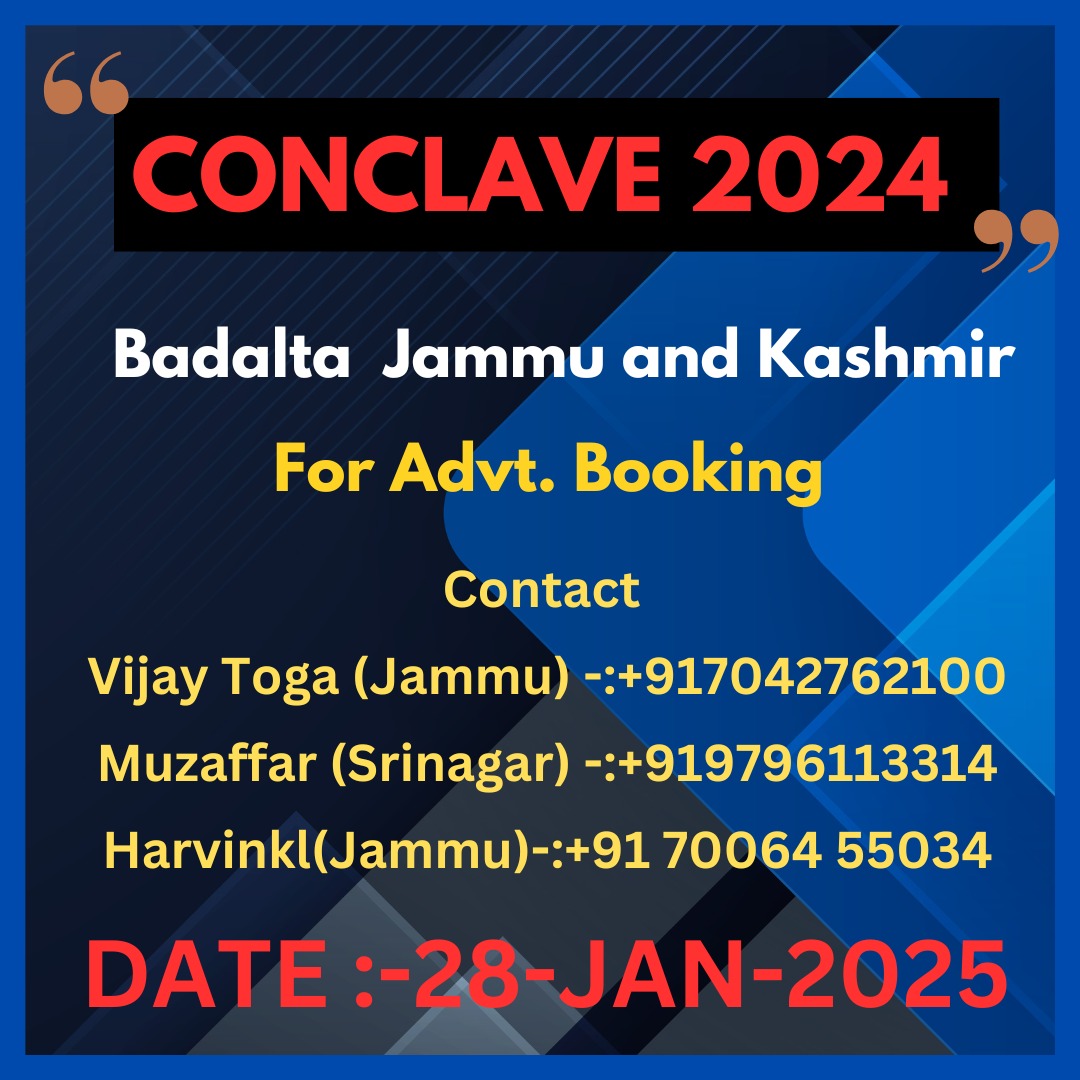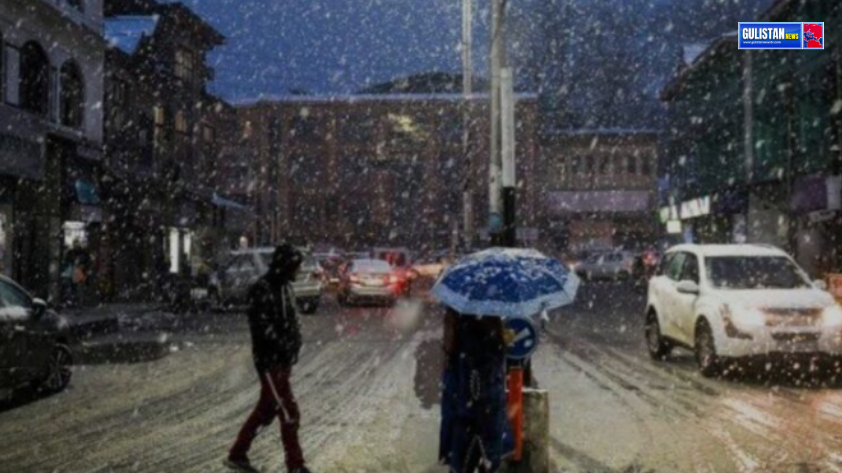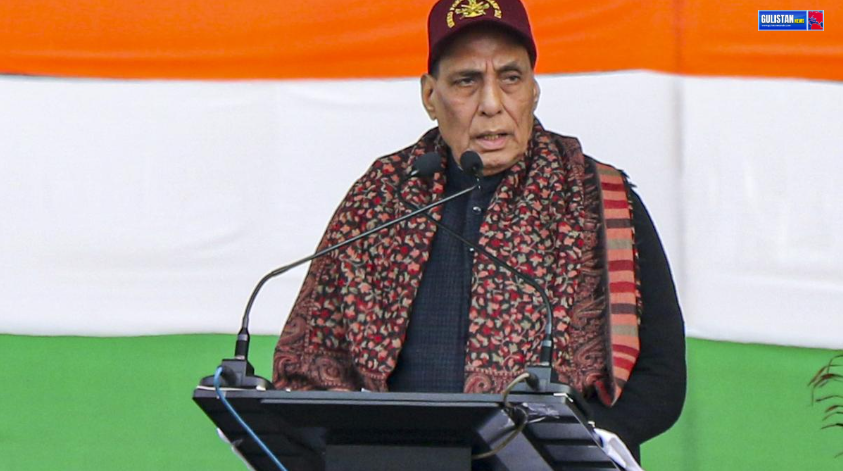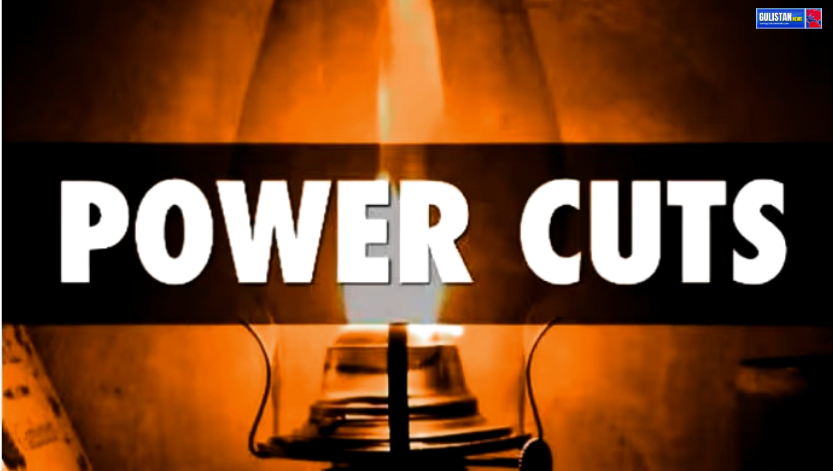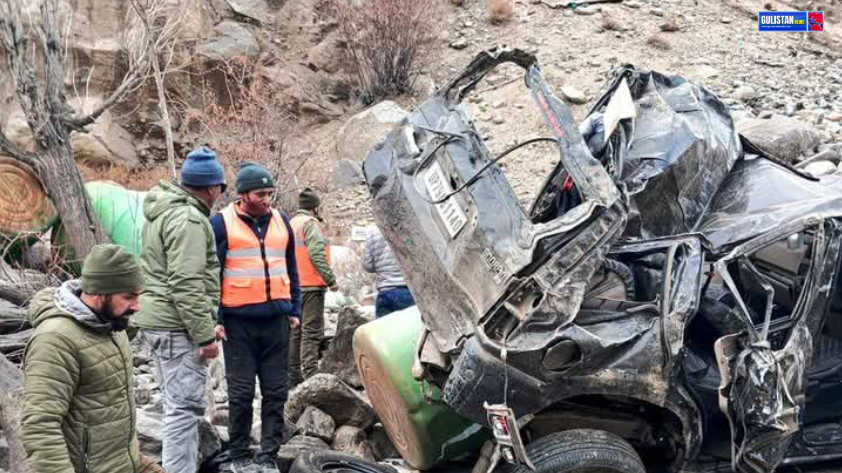PDP supremo Mehbooba Mufti on Wednesday said reopening settled issues would create tension and benefit the BJP, a day after Chief Minister Omar Abdullah claimed the Indus Water Treaty restricted Jammu and Kashmir from realising its full hydel power potential.
Abdullah on Tuesday said the treaty between India and Pakistan was restricting the Union Territory’s ability to harness its huge hydel power potential, primarily due to storage constraints.
India and Pakistan signed the treaty in 1960 after nine years of negotiations, with the World Bank being a signatory to the pact that sets out a mechanism for cooperation and information exchange between the two sides on the use of waters of a number of cross-border rivers in Jammu and Kashmir.
Reacting to Abdullah’s comments, Mehbooba told reporters in Srinagar, “Jammu and Kashmir has suffered a lot in the last 75 years and witnessed many hardships. Many people were killed and properties destroyed. Jammu and Kashmir suffered losses because of the tension between India and Pakistan. The Indus Water Treat is the only treaty which has remained in place despite the wars and tension.” While there is no doubt that Jammu and Kashmir has suffered losses because of the treaty, “the BJP’s narrative for the last few years has been that it wants to make the Indus Water Treaty an issue”, the People’s Democratic Party (PDP) leader said.
“Omar (Abdullah) has said it has caused losses and we cannot generate more electricity. But we should also see whether the electricity we are generating is ours or not. We say we are suffering losses because we are not able to use more water and generate more electricity. I want to ask that is the electricity that we are producing ours?” she said.
The PDP chief said it was the Abdullahs who handed over Jammu and Kashmir’s power projects to the NHPC.
“When the late Sheikh (National Conference founder Sheikh Mohammad Abdullah) was chief minister, he gave the Salar project to the NHPC. When Farooq (Abdullah) was chief minister in 1997, he handed over seven power projects to the NHPC,” she said.
The chief minister should focus on seeking the return of at least two power projects from the Centre, Mehbooba asserted.
“When we formed the government with the BJP, those power projects were mentioned in our alliance agenda and the BJP had agreed to return those,” she said.
Mehbooba also demanded that the Centre financially compensate Jammu and Kashmir if they do not return the power projects.
“Jammu and Kashmir is the only state which, despite generating electricity, remains in the dark. Our electricity goes to the NHPC, which then sells it back to us. So, we should not make the Indus Water Treaty an issue and create more tension between the two countries that would only benefit the BJP,” the former chief minister said.
“If there is an issue, its brunt will be borne by the people of Jammu and Kashmir and it will make no difference to the BJP. It will make no difference to Punjab or Rajasthan but only to Jammu and Kashmir. Our hands are already painted with blood. So, we have to talk after thinking thoroughly and not reopen issues that are already settled to some extent, otherwise we toe the BJP’s line,” she added.
Speaking at a conference of power ministers of states and Union territories in New Delhi, Abdullah had said the Indus Water Treaty was restricting Jammu and Kashmir’s ability to harness its huge hydel power potential, primarily due to storage constraints.
“As a fallout of the treaty barriers, Jammu and Kashmir pays a heavy price in the peak winter months when power generation hits a low, creating hardships for its people,” Abdullah had said at the conference.
He had highlighted the limiting clauses in the treaty that restricted Jammu and Kashmir from realising its full hydel power potential by only permitting run-of-the-river projects and said “hydel power is Jammu and Kashmir’s only viable energy source. The region is compelled to rely on power imports from other states, which adversely impacts its economy”.
Jammu and Kashmir will require special compensation from the Centre, including viability gap funding and equity assistance, to harness its untapped hydro-energy potential, the chief minister had said.


